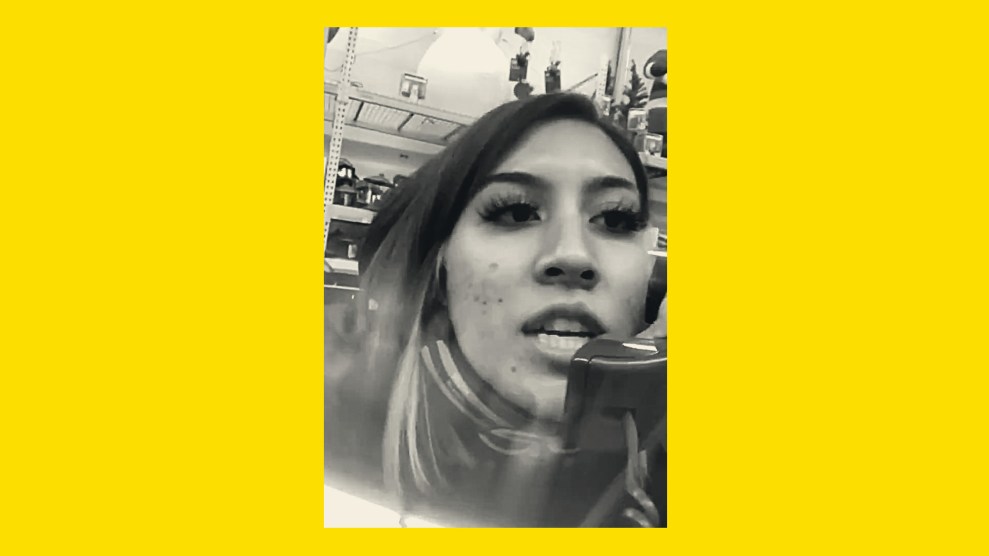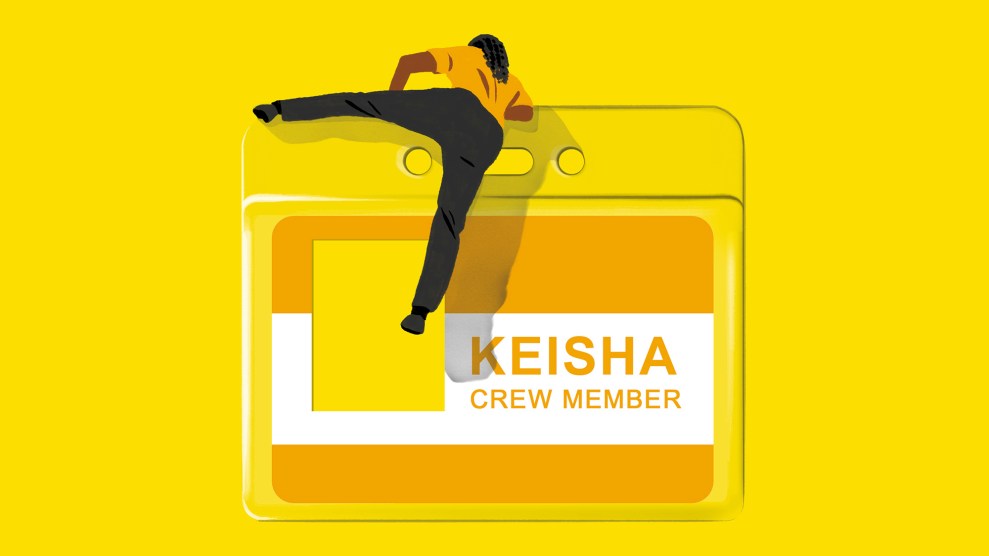JuiceLand is a chain smoothie shop in Texas. Founded in 2011, it strives to cultivate “a fun, inviting vibe in our shops that is inspiring and welcoming to all.” Some workers, however, feel the chain hasn’t been welcoming. This past summer, they went on strike and used social media to detail what they described as an unsafe work environment. One worker talked about experiences that made them decide to join the strike.
I had recognized it was one of those very fake “We’re all family” kinds of businesses. Orientation is very culty. It’s like, “We’re a family. We love each other. We are inclusive and diverse.” But if you go into the shops, there’s no diversity really. Except for every once in a while there’s one or two people of color.
Whereas the warehouse is the most diverse place in the company—it just happens to be in the basement of the company.
But the other thing they say is, “Keep them hungry.” And they’re referring to not giving some people a lot of shifts. That way people are always hungry for shifts. So you’re never short-staffed. You don’t give them enough hours to live.
There’s a lot of small things I would notice, like the language they would use, the jokes that were always going around, the sexual harassment I would hear about. And then it’s just like, microaggressions. The way they would treat Black or brown or immigrant employees versus white employees.
When white people would not show up to work, they’d come in the next day and not get fired. Or like come in late every day and nothing would ever happen to them. There’s one employee, in particular, who was late, like, every single day—20 minutes late, at least, and nothing would happen to them. But if you were a Black employee and you were late, they will sit you down after a while, warning you about getting fired.
The worst thing they’ve done was fire a Black employee after he got in an argument with a non-Black employee. The Black employee came in to the other person watching a YouTube video of this YouTuber saying the n-word, like over and over and over again. When the Black employee told him to stop listening—don’t watch that in front of him—the other person said, “It’s okay to say.” And then he proceeded to say the full n-word, with the “r” and all.
They completely dismissed everything that happened with that employee. They knew about it, saw the video—supposedly sent it to HR. I spoke with HR about the racial bias in the company and how it’s a problem. I sat in the meeting and said that they’re not racially biased toward anybody. Then they fired the Black employee probably two weeks later.
Even when the strike happened, they still wouldn’t admit anything.
This story is part of our Bad Bosses project, a reported collection of accounts from workers about their terrible bosses and the system that creates them. You can read more about the entire project and find every story here. Annotations—highlighted throughout—can be clicked for further context and comment from other parties. Got your own bad boss story? Send us an email.












